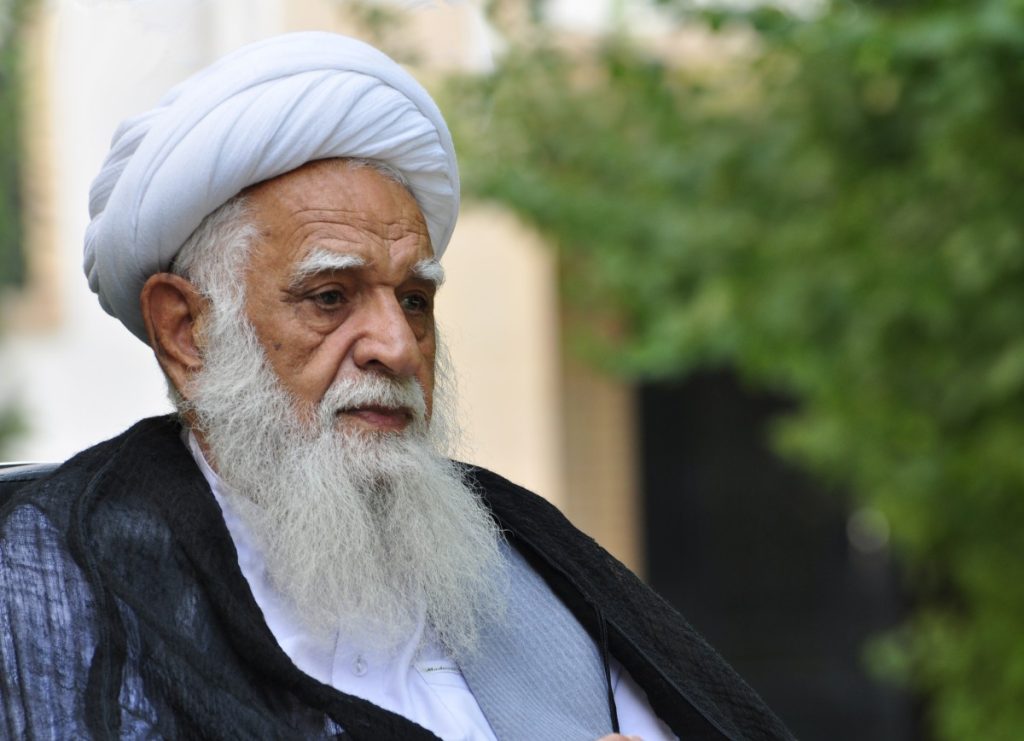History and introduction
Faqih Farzaneh of the late Ayatollah Mohammad Asif Mohseni(RA) Founder of Khatam al-Nabieen University(PBUH)
History and Introduction
Khatam Al-Nabieen University was founded by valuable efforts of prominent figure and renowned jurist, the academician of the Country, deceased Ayatollah Mohammad Asif Mohseni in 2007. After receiving an official license from the Ministry of Higher Education of the Islamic Republic of Afghanistan, this university officially started its operation on 1/18/2008 and started to admit students.
The founder of the university, the late Grand Ayatollah Mohammad Asef Mohsini via an official document handed over all material and spiritual privileges of the university to Mr. Haj Mohammad Javad Mohseni with seventy percent shares and Dr. Seyyed Abdul Qayyum Sajjadi with thirty percent shares in 2009. In addition, the honorable founder delegated all his legal authorities to Mr. Mohammad Javad Mohseni as the authorized representative.
Khatam Al-Nabieen University is one of the most pioneering academic institutions in the whole country, which uses modern teaching and research methods with experienced and capable academic staff and has more than ten years of brilliant experience in the field of education and scientific researches. This university with 14 years bright academic experience has trained students and futurists of its beloved homeland and has celebrated the 10th successful leisure periods of his students at the master’s and bachelor levels and in various fields of medicine, engineering and humanities. This prestigious university has succeeded in publishing dozens of volumes of scientific books, specialized journals and international articles.
Khatam Al-Nabieen University with more than 6,000 students, four separate branches, experienced academic staff with Ph.D. and Mastery degrees and by using new methods of educating and researches has been able educate and train the dear children of Afghanistan in several fields; such as Jurisprudence and Law, Political Science, Economics and Management, Sociology and Quranic Sciences, Engineering, Therapeutic Medicine, Dental Medicine, Medical Technology, and Computer Science
The university is now operating with a modern research and technology center, two well-equipped hospitals, a medical institute and six faculties with Kabul based center. The university merged several faculties in 1400 and now has the following faculties: Law and Political Science, Economics and Social Sciences, Medical Technology and midwifery, Dentistry, and Computer Science and Engineering. It should be noted that the university has three master’s degree programs: International Relations, International Law, and Criminal Law.
